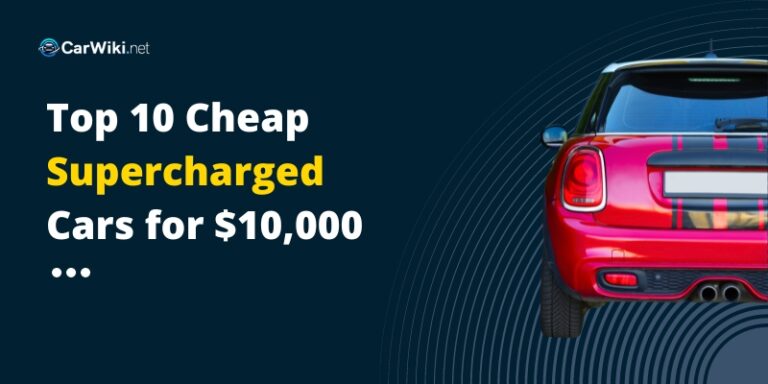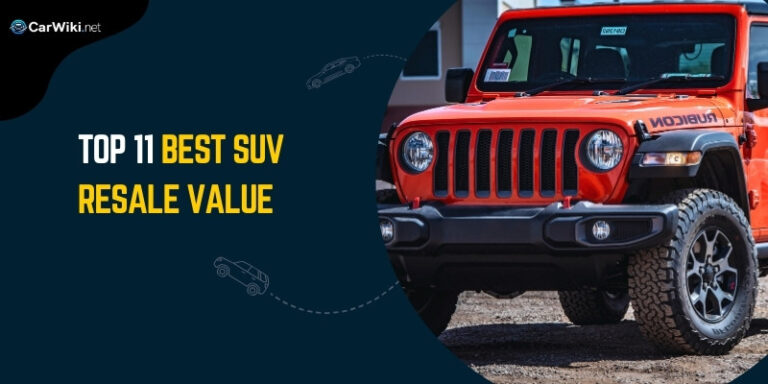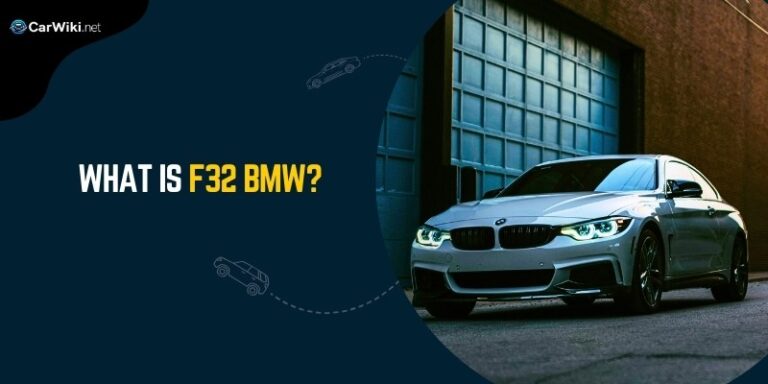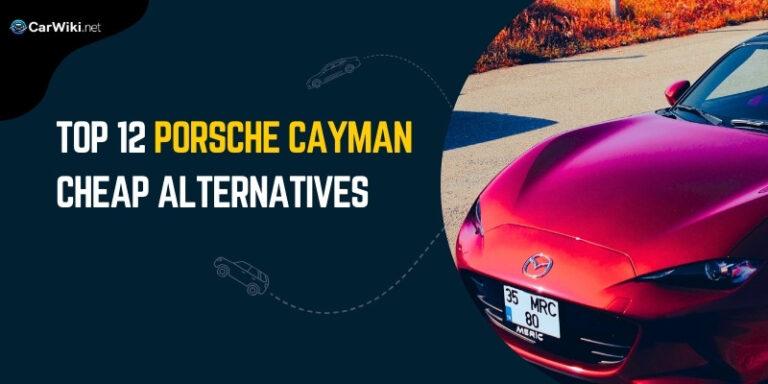What Is a Good Horsepower for an SUV? Power vs. Practicality

What is a good horsepower for an SUV? The answer depends on your needs. Discover how horsepower affects real-world driving scenarios, from city streets to family road trips.
Let’s be honest – horsepower figures in car brochures are like those “estimated calories” on restaurant menus.
Technically accurate, but leave you wondering how they translate to your actual life.
When choosing your ultimate SUV co-pilot, it’s time for some quirky real-world comparisons and ditching the “bigger number always wins” mindset.
Horsepower: The Multidimensional Power Player
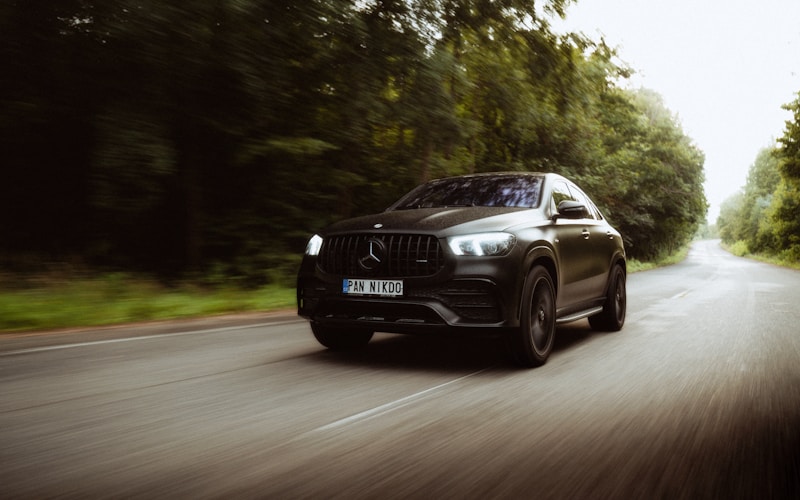
Sure, horsepower makes headlines when bragging about 0-60 times. But remember, it’s like that one friend who’s amazing at trivia night and…well, just trivia night.
True driving satisfaction depends on several factors where horsepower plays a starring, but not solo, role.
Consider it the key ingredient in your favorite recipe – useless if everything else is a mess.
The SUV Power Spectrum: It’s Not Just About Size
Instead of lifeless categories, let’s reimagine SUV horsepower like those random online quizzes telling you which historical figure you are:
- Subcompact SUVs (140-180 horsepower): The “Marie Curie” of SUVs. No-frills brilliance, efficient on a budget, and surprisingly capable within its niche. Won’t drag race, but also won’t leave you stranded at the bottom of your driveway’s incline.
- Compact SUVs (180-250 horsepower): Your “Teddy Roosevelt” SUV – versatility is its superpower. Handles everything from grocery runs to weekend adventures with a dash of ‘rough and ready’ spirit. Always up for an impromptu detour!
- Midsize SUVs (250-325 horsepower): The undercover “Swiss Army Knife” – masquerades as a responsible family vehicle but has hidden talents like effortless highway maneuvers and conquering chaotic Costco parking lots.
- Large/Full-size SUVs (300-400+ horsepower): The “Dwayne ‘The Rock’ Johnson” of the car world. Overpowered for average tasks, yet comforting if your life involves towing boats or hauling half a basketball team. Fuel efficiency? Maybe not its strongest suit.
- Performance Luxury SUVs (400+ horsepower): Imagine “Tony Stark” but as a car. Genius tech, adrenaline-fueled, and costs roughly the GDP of a small country. Unnecessarily brilliant for most tasks, but boy, does it make a statement.
The Plot Twist: Factors Beyond Raw Power

Think of horsepower as the potential, not always the reality of how your SUV actually behaves.
Remember, even the most buff athlete can flop if their technique is bad. Here are a few more things to consider:
- Weight: The Fitness Factor: Even a high horsepower engine feels sluggish dragging around a hefty SUV. It’s like trying to sprint while carrying triplets – impressive, but exhausting.
- Transmission: The Skillful Translator: A fancy engine is nothing with a clunky transmission. Think of it like having a brilliant translator with a terrible stutter. Modern transmissions make even modest power feel surprisingly peppy.
- Turbochargers vs. Big Engines: The Secret Weapons: Turbos add power to smaller engines, but sometimes with a bit of hesitation (turbo lag). Classic big engines feel smooth, with power always on tap, but thirst for fuel accordingly.
- Hybrids & Electric SUVs: The Undercover Agents: Think instant power off the line and impressive overall output that feels stronger than the numbers suggest on paper. Also, saving money at the gas pump? That’s always a superpower.
The MPG Factor
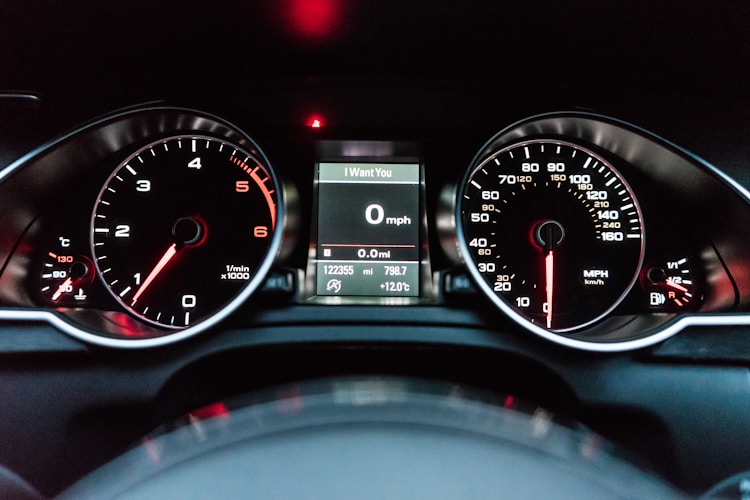
While a sense of effortless power is satisfying, it often comes at a price – paid at the fuel pump.
Generally, as horsepower increases, fuel efficiency decreases. This is especially noticeable in larger and heavier SUVs.
If fuel costs are a major concern, opting for a slightly less powerful engine within your chosen SUV category can translate to significant savings over the vehicle’s life.
Hybrid powertrains offer an attractive compromise, delivering impressive power combined with excellent fuel economy, especially for those who do a lot of city driving.
Debunking Horsepower Myths
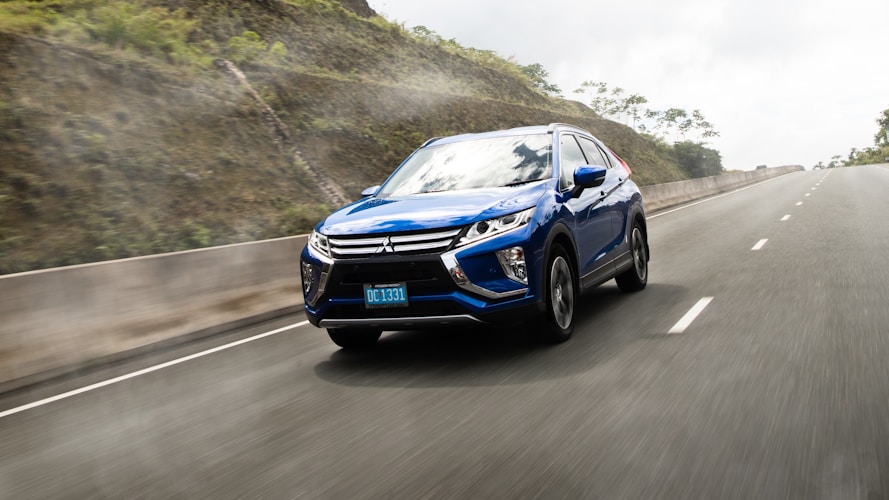
It’s easy to fall for the idea that “more horsepower always equals better.” Here’s the truth:
- Myth 1: Higher Horsepower = Lightning-Fast Acceleration
While horsepower plays a significant role, it’s not the only factor. Vehicle weight, gearing, and how smoothly your transmission delivers that power to the wheels all greatly affect how that horsepower translates to actual acceleration from a standstill or when passing. - Myth 2: You Need Massive Horsepower for Highway Safety
Modern SUVs, even compact models, are designed for safe highway travel. Sure, having a reserve of power for confident passing is nice, but chasing big horsepower numbers for occasional highway use is often unnecessary. - Myth 3: Smaller Engines Are Always Gutless Thanks to advancements like turbocharging, many smaller engines now punch well above their weight class. Always consider the overall package, not just the horsepower figure on a spec sheet.
Real-World Use Cases

Let’s ditch the abstract horsepower talk and see how it affects daily life:
Scenario 1: The Highway Merger
Attempting to enter fast-moving highway traffic in an underpowered SUV can be a stressful experience.
For smaller SUVs, aim for at least 160-180 horsepower, or more if you frequently drive in hilly terrain. Midsize and larger SUVs benefit from 220+ horsepower for confident merging and passing maneuvers.
Scenario 2: Fully-Loaded Road Trip
Packing an SUV with passengers, luggage, and maybe a rooftop cargo carrier puts extra strain on the engine.
Opt for the higher end of the horsepower range within your SUV category to avoid feeling sluggish on inclines and when accelerating to pass.
Here, consider turbocharged engines or hybrid powertrains, offering a welcome boost.
Your Personal Power Profile
The truth? Picking an SUV based on horsepower alone is like choosing a date based on their shoe size. Here’s how to find your ideal power-to-lifestyle ratio:
- City Slickers: Focus on maneuverability and sip, not gulp, fuel. Hybrids are unexpectedly fun here!
- Weekend Warriors: Get enough oomph for road trip confidence but don’t become a gas station regular.
- Towing Aficionados: Prioritize torque over bragging rights. Match your load or risk regret.
- Thrill Seekers: Buckle up for the wild ride! But be prepared for frequent pit stops at the fuel pump.
The “Fun Factor”

Let’s face it: sometimes we crave the grin-inducing rush of abundant horsepower, even if it’s not strictly necessary.
There’s something undeniably satisfying about the effortless surge of a powerful engine. If raw power tickles your automotive fancy and your budget allows for it, don’t be afraid to indulge.
Just remember, “fun” often comes with a side order of frequent gas station stops!
Related articles:
- Best SUV Resale Value
- Gasoline vs Diesel: Advantages, Disadvantages and Differences
- Why Are Crossovers Popular?

